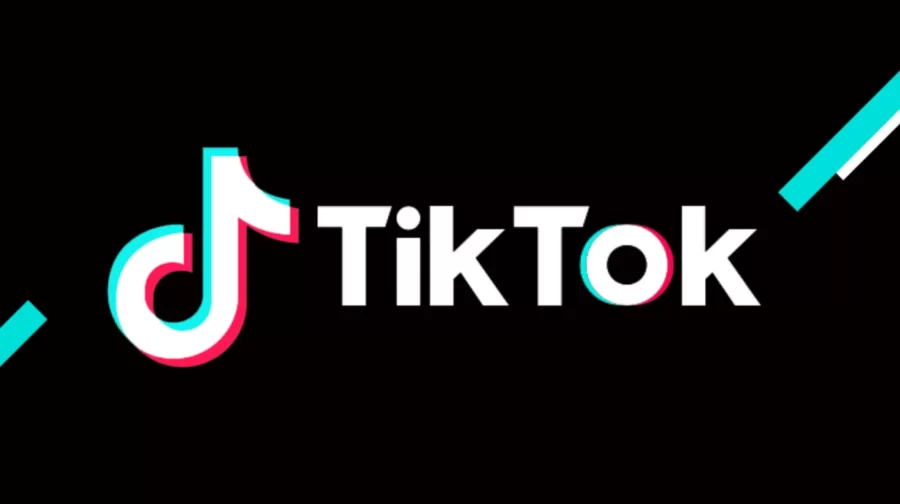Congress Questions TikTok CEO
May 15, 2023
On March 23, TikTok’s CEO, Shou Zi Chew, was questioned by the House Committee over TikTok’s data collection and skepticism that it was not being shared with the Chinese government, as well as the damaging effects it has on the youth.
Many concerns were raised during the testimony, including a fear among US officials that the Chinese government can access the data from all of TikTok’s American users, of which there are over 100 million, and use it to spy on American citizens and spread Chinese propaganda and misinformation.
While some of the information TikTok collects may be harmless and used purely to allow its users to have the best possible experience, such as what types or videos they like or the public comments you post, others, not so much. Personal details such as your email address, phone number, search history, private messages, and, if you give consent, your exact location, can all be used to achieve malicious things. Additionally, there is a possibility of China censoring videos and banning users who they believe are a threat to their agenda.
It also doesn’t help TikTok’s case that under the 2017 National Intelligence Law, the Chinese government has the capability to force any organization to “support, assist, and cooperate with state intelligence work.” This vague description has elevated paranoia from lawmakers that even if TikTok themselves don’t want to hand over private information to the Chinese government, they don’t have a choice.
The growing concerns over the security risks that the app may pose have grown so much that in March of this year, the Biden Administration banned TikTok from all government devices and systems.
While the intentions of the lawmakers were noble, their statements and questions did not articulate them well. Many of the questions asked were common knowledge that anyone who has used a phone before would know. For instance, North Carolina representative Richard Hudson asked Chew if TikTok accesses the Wi-Fi inside someone’s house when being used. It appeared as though the member was trying to prove a point with the question by making it seem that TikTok was spying on people and accessing private information. However, literally every single app uses your Wi-Fi, so to try and incriminate TikTok by using this point is simply illogical.
Another rather perplexing question brought up was when Georgia Rep. Buddy Carter asked Chew “Can you tell me right now, can you say with 100% certainty, that TikTok does not use the phone’s camera to determine whether the content that elicits a pupil dilation should be amplified by the algorithm?”
Chew answered that TikTok body, face, or voice data to identify its users, with the exception being the use of filters on a user’s face, such as wearing sunglasses.
Carter then asked “Why do you need to know where the eyes are, if you’re not seeing if they are dilated?”
This was, again, a nonsensical question. What’s not to understand? If you use a filter that puts sunglasses on your eyes, then TikTok needs to use the camera to find out where your eyes are. These and many other questions asked have become subject to ridicule online.
Twitter, YouTube, and of course TikTok users have reposted clips from the hearing and criticized the fact that the people who want to ban the platform don’t seem to know a whole lot about basic internet facts.
Another criticism is that Chew was not allowed to respond after being told statements, and the lawmaker who brought them up just moved on. Many have stated that the reason this was done was because lawmakers knew they could not defend their points if Chew supplied evidence.
However, the hearing didn’t just make the House Committee appear out of touch and uneducated, as there were some valid points brought up. One such being when Florida Rep. Kat Cammack played a TikTok video threatening the house committee with a video of a gun being fired. This highlighted TikTok’s very poor moderation system.
Across the app, there is a lot of inappropriate and downright illegal content that has not been taken down. Considering the fact that around 25% of its users are below the age of 18, it’s rather concerning how easy it is to access adult content. The app definitely needs a better moderation system so minors aren’t exposed to what is currently on it.
Ultimately, the hearing raised valid points and concerns about TikTok, but it also demonstrated how uneducated and biased the lawmakers were towards the app. Chew and the rest of TikTok’s staff must make some major adjustments if they want their app to remain in America. On the other hand, if the U.S. is going to succeed in banning TikTok, then it would be beneficial to listen to and let people who actually use it testify, as they are the ones most educated on and affected by it.

